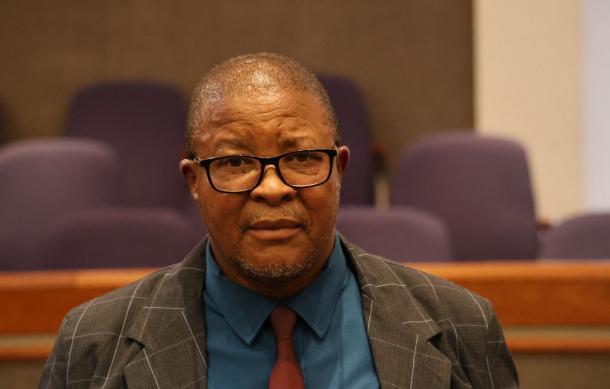
The Landless People's Movement (LPM) MP Paul Isaak presented a motion for the allocation of land to address the pressing issue of housing for the urban poor and landless citizens in Namibia.
Isaak expressed gratitude for the opportunity to discuss this matter that touches the lives of all Namibians.
He emphasised housing as a fundamental human right, citing the National Housing Policy and the pivotal role of the National Housing Enterprise in realising this right.
Highlighting the gravity of the situation, Isaak pointed to the Fourth National Development Plan, which identifies a housing backlog of 300,000 units, requiring N$76 billion for construction.
"Access to land for purposes of housing is an economic enabler but, more importantly, a means of addressing poverty. Namibia is a vast country, but ironically, it has many landless people, both in urban and rural areas. When you drive through Namibia's major towns of Keetmanshoop, Mariental, Rehoboth, Okahandja, Grootfontein, and many others, the first thing you will see is informal settlements."
Drawing attention to the challenges posed by population growth and unemployment, Isaak referenced projections from the World Urbanisation Prospects, indicating a potential urban population growth exceeding 60% by 2030 and 72% by 2050.
"The perception that residents of informal settlements are only poor and unemployed is not true. You will find teachers, nurses, police officers, and other civil servants who had to resort to staying in the informal sector because of the high costs of buying houses as well as renting. Instead of availing land to the urban poor and landless citizens, for many years the majority of local authorities continued the practice of availing land to developers who would build ridiculously small houses and flats and sell them for huge profits."
He dispelled the misconception that informal settlements only house the poor and unemployed, revealing a diverse demographic that includes teachers, nurses, police officers, and civil servants.
He urged the assembly to deliberate on the failure of local authorities to meet the demand for affordable land, the preference for selling land to developers, the impact of the Flexible Land Tenure Act, and the effectiveness of current policies guiding the Ministry of Urban and Rural Development.





